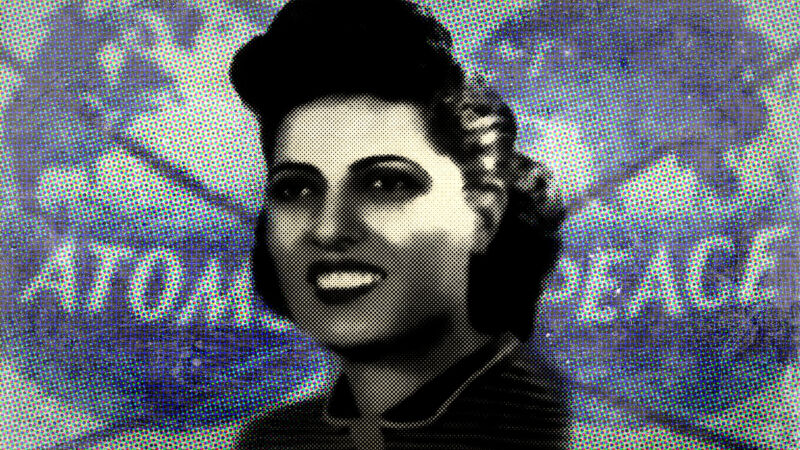
Enlarge (credit: Aurich Lawson | Wikipedia)
Science and the technology it enables have always had a close relationship with warfare. But World War II saw science's destructive power raised to new levels. As the threat of nuclear annihilation remained high for much of the Cold War, many in the public became uneasy with their governments and the scientists working for them.
Many physicists realized that the genie was out of the bottle and recognized this mistrust—or shared it. They created conferences or drafted policies to distance themselves from the nuclear threat. Others tried to spin nuclear technology more positively by focusing on the advances it enabled in energy or medicine. These efforts to reassure the public have continued through today as scientists have taken similar actions for newer, potentially destructive technologies such as gene editing.
During World War II, Sameera Moussa, a relatively unknown Egyptian physicist, was one of the key individuals who tried to use atomic energy for good and made efforts to involve the public in that choice. Her work makes her a worthy role model for women and physicists worldwide, but she’s largely unknown because her crusade for peaceful nuclear power would eventually cost her her life. Moussa was assassinated at age 35 in a case that remains unsolved today.
Read 20 remaining paragraphs | Comments
